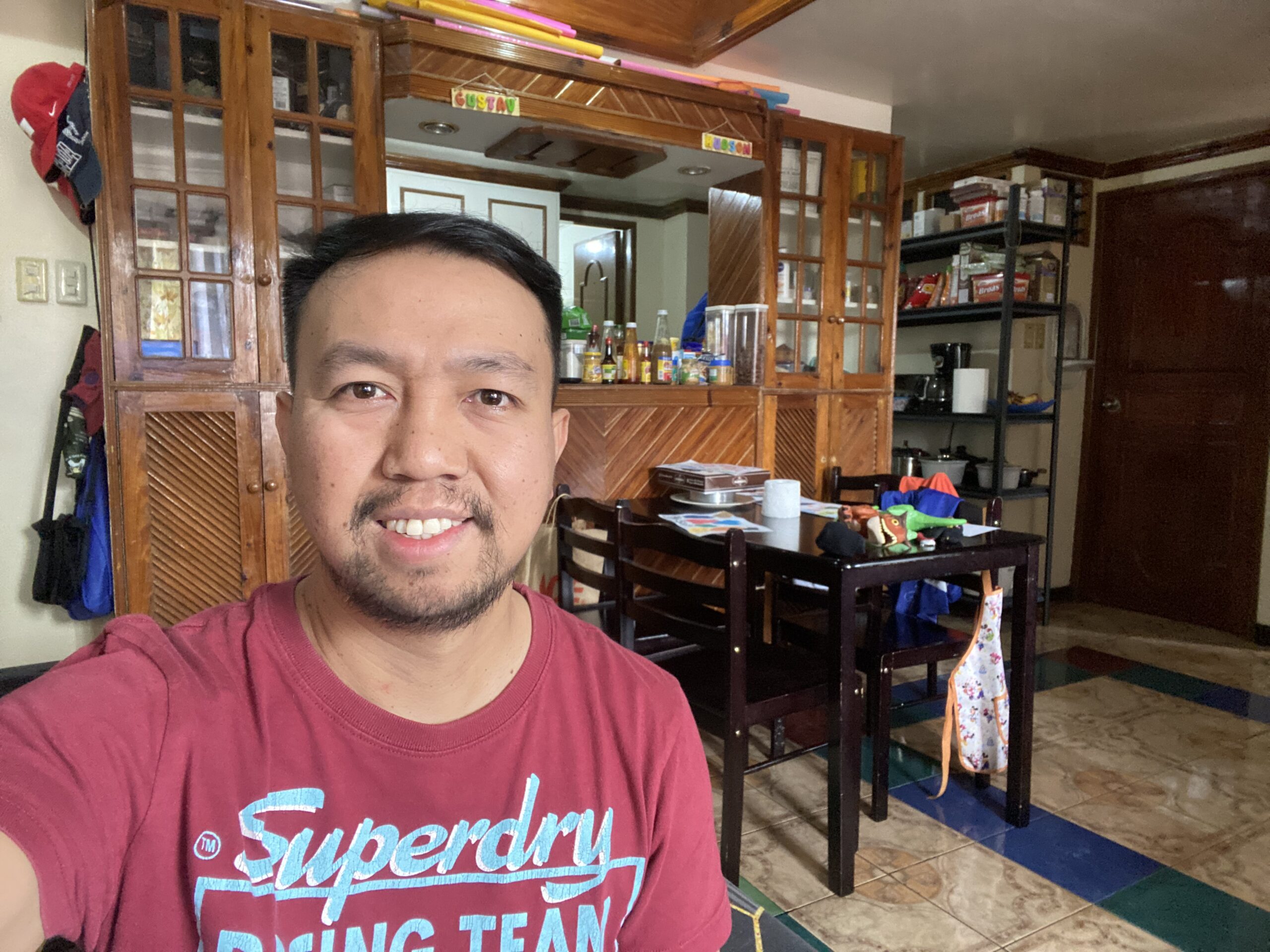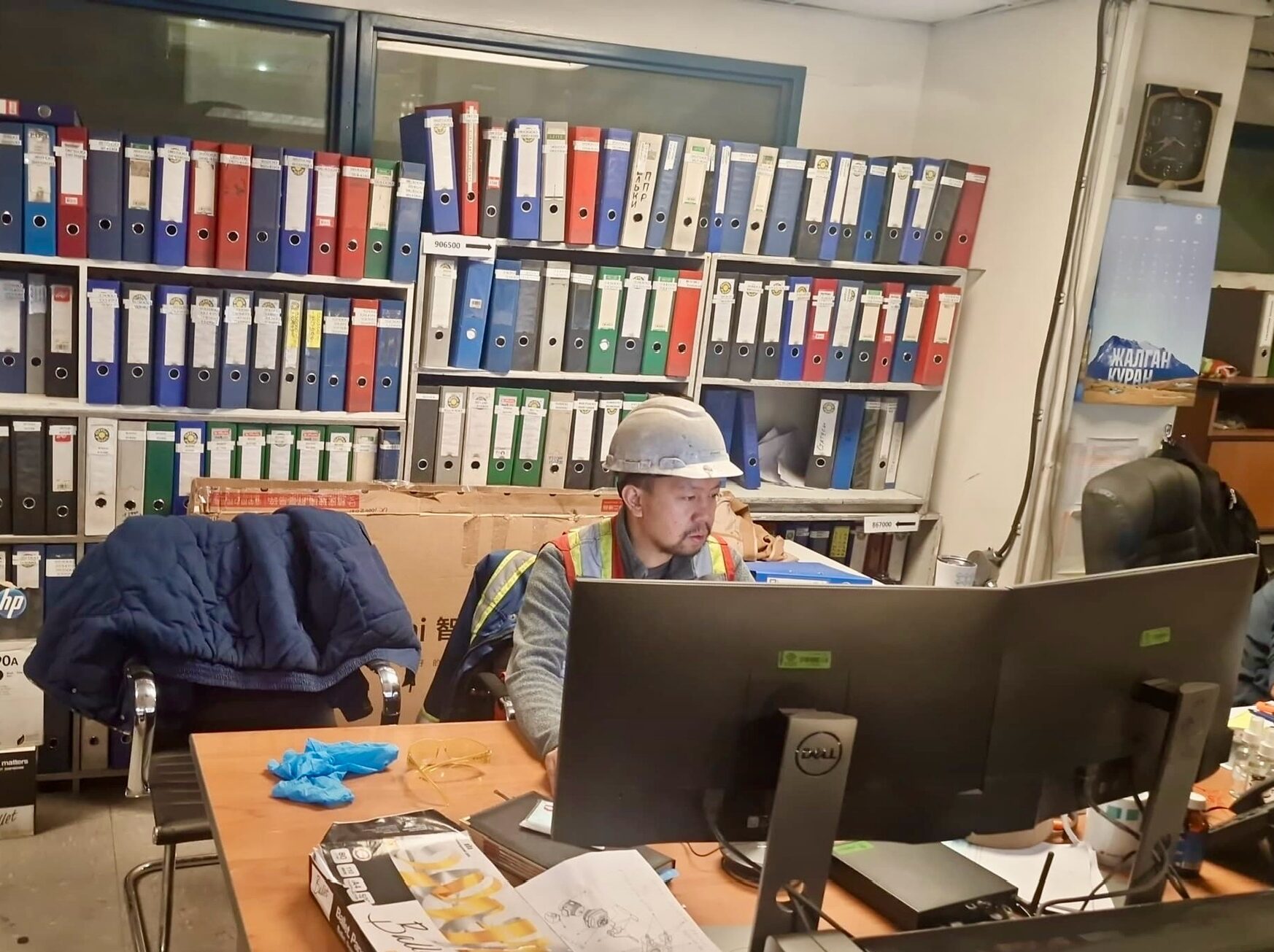Sa tingin ko, it would be fair to say that we, Pinoys, tend to take things personally. It’s just that ang iba sa atin have a greater tendency than others to do so. At kapag nangyari iyon, some of us are better able to deal with it within ourselves than others.
Taking things personally is never healthy in any relationship: employer-employee, friend-friend, husband-wife, partner-partner, parent-child, . . . for several reasons.
One main such reason is that, if you do take things personally, then your feelings will continually be at the mercy of others – whether they attacked you personally or not. That is never healthy in a relationship, and it is no way to live!
If you are someone who tends to take things people say or do personally, then I want to share with you a little trick I have found that really helps. It involves understanding why people sometimes do what they do and seeing that often what they do has nothing to do with us and that, therefore, there is no need to take it personally.
I will share this trick through 2 relationship principles.
RELATIONSHIP PRINCIPLE #1: PEOPLE SOMETIMES ARE SELFISH
This principle may sound cynical but bear with me.
Sa tingin ko, hindi naipagkakaila na we all have selfish tendencies. However, some of us are more selfish than others. And some of us can become selfish given the right circumstances.
Sa pamamagitan ng pagintindi at pagtanggap na ang mga tao kung minsan ay selfish, then we understand that sometimes people:
- iisipin lamang kung ano ang pinakamabuti sa kanila,
- nakikita lamang ang mga bagay mula sa kanilang sariling pananaw,
- nais na maging tamas a lahat ng bagay,
- nais na magkaroon ng mga bagay sa kanilang paraan sa lahat ng oras,
- hindi nag-iisip kung paano nakakaapekto sa iba ang kanilang ginagawa,
- at iba pa . . .
Consequently, sometimes people will do what they do simply because they are motivated by selfishness! At kung sila ay naudyukan ng selfishness, then there is no reason why we should take personally things they do and say dahil ang kanilang mga aksyon ay walang kinalaman sa atin. Sa katunayan, you could say that their actions have shown you just how selfish they are.
Halimbawa, if someone cuts you when you are driving, don’t take it personally. Sabihin mo lang sa iyong sarili, “Ipinakita lang sa akin ng taong ito kung gaano siya ka-selfish by cutting me off . . . it is nothing personal!”
RELATIONSHIP PRINCIPLE #2: PEOPLE ALWAYS HAVE A REASON FOR DOING WHAT THEY DO
Itong principle na ito ay isa sa natutunan ko about people some time ago.
This principle does not mean na ang mga ibang tao ay laging tamas a kanilang ginagawa. Nor does it mean that they should always be excused for their action. Hinid rin ibig sabihin that they themselves always know why they did what they did. But there is nevertheless always a reason!
Narito ang ilang kadahilanan na naiisip ko that would cause people to do what they sometimes do (perhaps you can think of others):
- mga nakaraang hindi natutugunan na pangangailangan,
- kasalukuyang pangangailangan,
- kasalukuyang ninanais o gusto,
- mga nakaraang hindi nalutas na isyu or conflicts,
- masakit na nakaraan,
- kasalukuyang mga takot,
- kasalukuyang mga hang ups,
- mga lihim na motibo or hidden agenda,
- kasalukuyang insecurities,
- mga nakaraang desisyon,
- mga issue sa ego,
- mga personality disorder tulad ng: narcistic tendencies, ADD, ADHD, kawalan ng empathy, . . .
- at iba pa . . .
Consequently, sometimes people will do what they do simply because they are motivated by who they are and the “baggage” they carry! At kung sila ay naudyukan ng ganoong bagay, then there is no reason why we should take personally things they do and say.
Sa katunayan, you could say that their actions have shown you that they behave as they do because they “have issues”. Muli, walang kinalaman sa atin and therefore nothing personal!
Halimbawa, May kilala akong 12-yearl old boy who once told his stepmother “I love you” only to be given the reply “Yeah, well you have a funny way of showing it!” The boy was deeply hurt by the reply (and understandably so). Ang paraan para matulungan ang batang iyon ay tulungan siyang maunawaan na, kahit na ang komento ng kanyang madrasta ay tila isang personal nap ag-atake sa kanya, the reply really reveals who the stepmother is as a person and that it was nothing personal.
IN CONCLUSION
In conclusion, the trick to not taking personally things people say and do is to understand and accept that sometimes people are selfish and/or they “have issues”, at ang kanilang pag-uugali ay kadalasang walang kinalaman sa atin.
You can even turn things around and say that their behavior betrays who they really are. Makakatulong ito sa iyo na ilipat ang focus mula sa iyo (which is partly why you take things personally) at ilagay ito sa kanila (which will help you not take things personally).
Author: The Pinoy Engineer
GOOD TO GREAT BOOK SUMMARY FOR FILIPINOS
In this blog, you will find the Best Book Summaries and Productivity Tips in Taglish (Tagalog-English) made specifically and exclusively for Pinoys in and out of the Philippines tulad mo, Kabayan. Self-improvement reading is one of the most productive things to do.
GOLDEN OPPORTUNITY FOR PINOYS
Sabi nga ni Jim Rohn – “Ang pagkakaiba sa pagitan ng kung nasaan ka ngayon at kung nasaan ka limang taon mula ngayon ay makikita sa kalidad ng mga librong babasahin mo”.
If seryoso ka sa iyong personal growth and development, Basahin mo din itong FREE E-book na nagawa exclusive lang para sa mga Pinoy. 7 Steps to Living a Life Full of Abundance. Take Control of your Career, Do what you Love, and be Successful. Download the book na yan ng libre, kaibigan.
Did you find this article helpful na maaaring maapply mo sa professional o personal na buhay mo?
Let us know in the comments below!
If you enjoyed this post, then you might also like:







